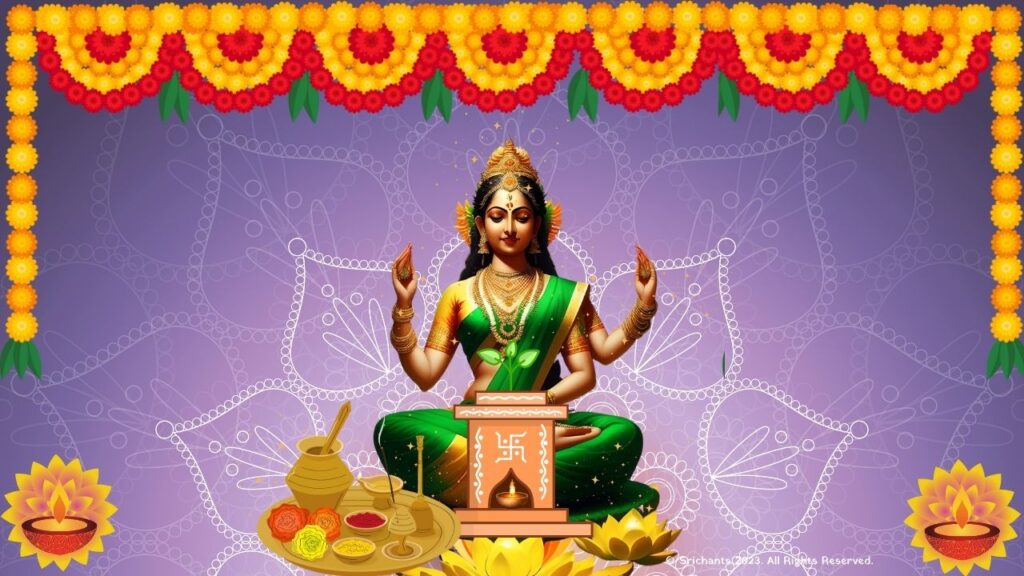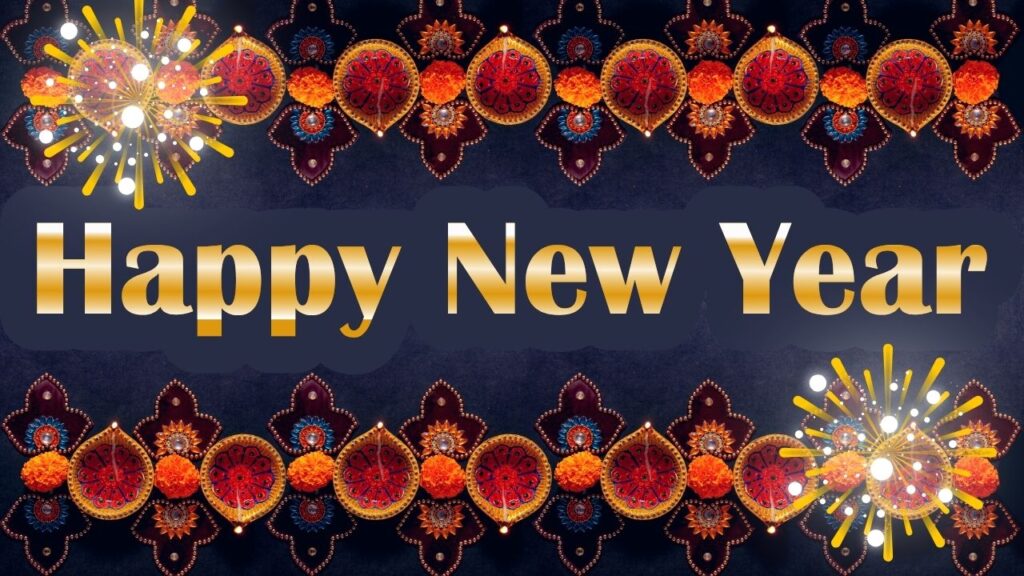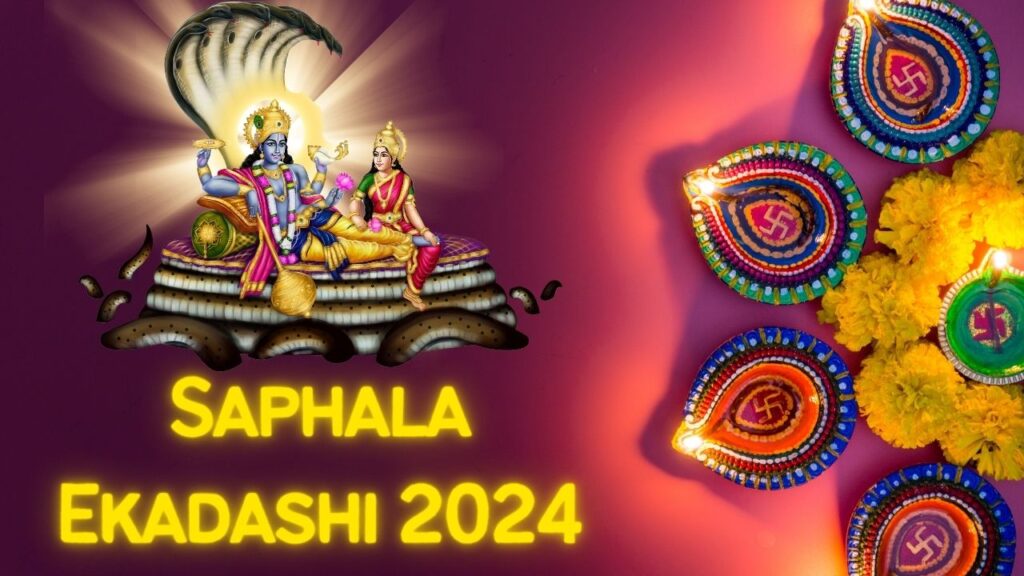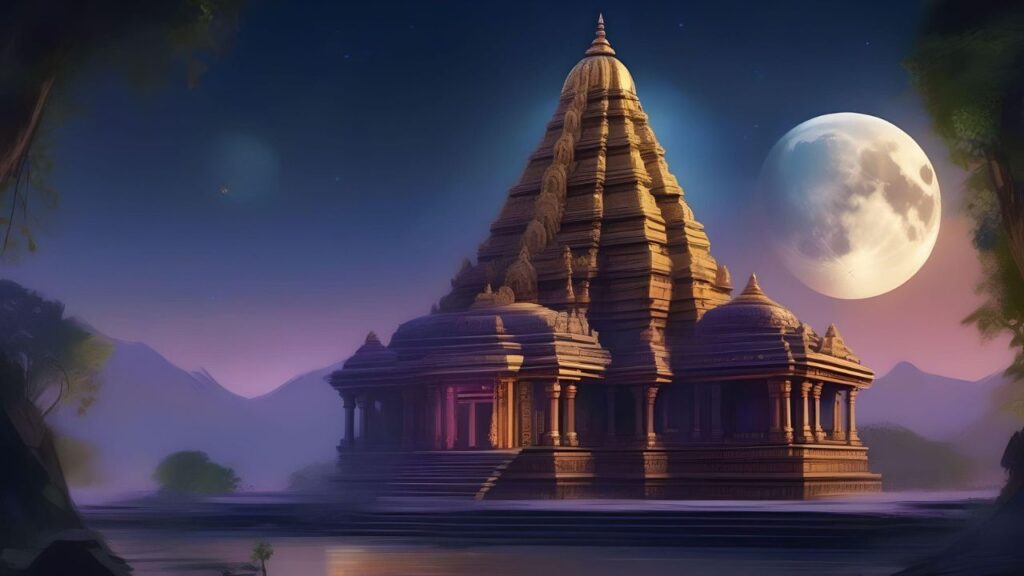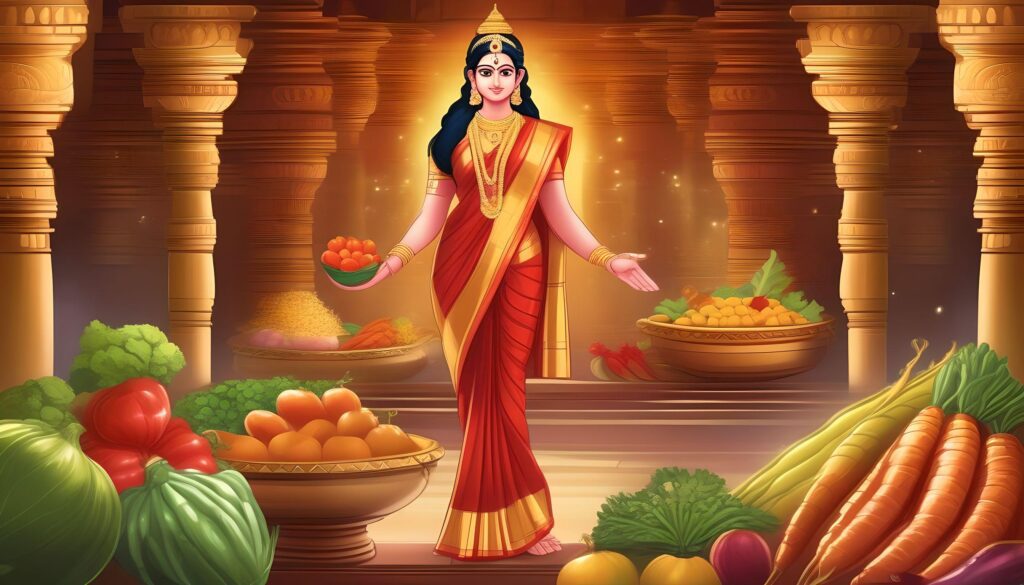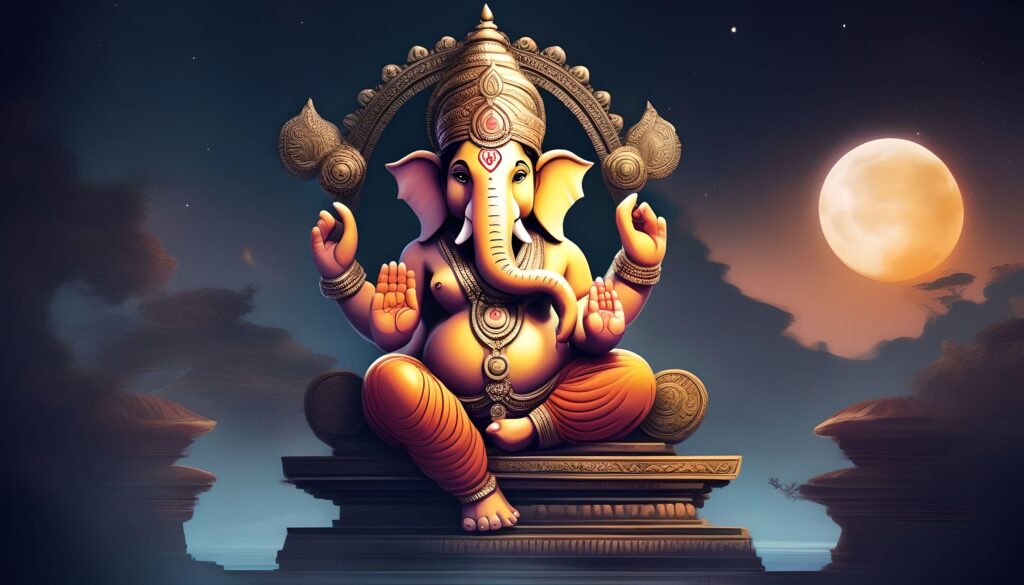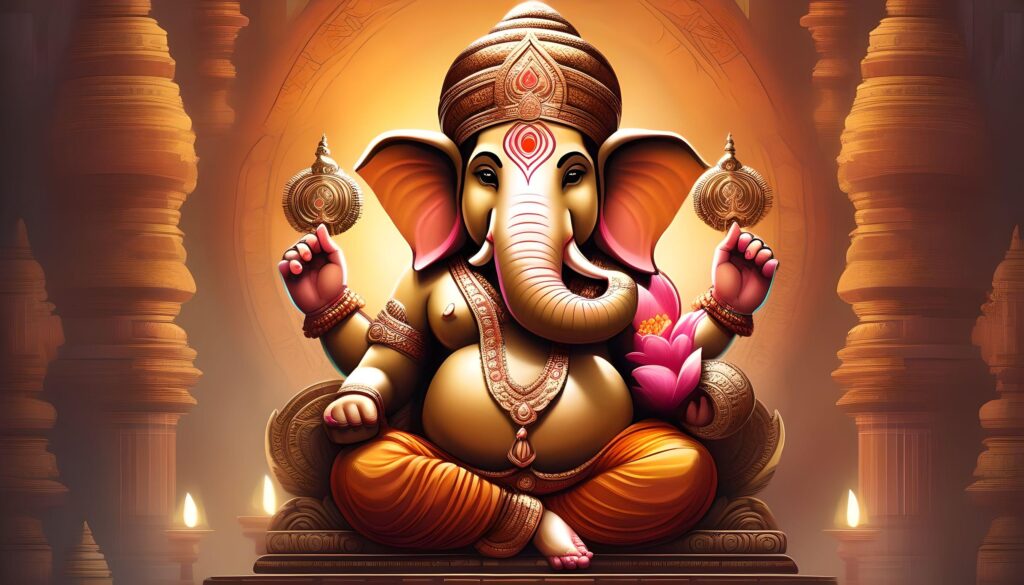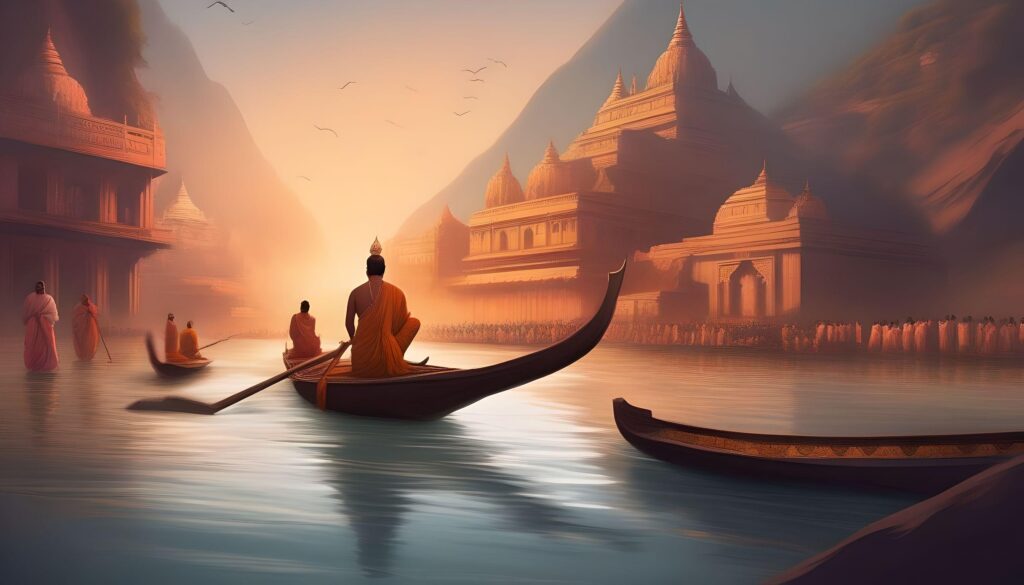Diwali | Deepawali | Festival of Lights
Introduction
Often called the Festival of Lights, Diwali is among the most followed celebrations in India and among Hindu people all around. This spectacular celebration honors knowledge’s triumph over ignorance, light’s over darkness, and good over evil. Given its long past and numerous customs, Diwali is a celebration of family, community, and spiritual introspection rather than only a celebration. Since every day has distinct meaning and rituals, the five-day festival is a varied celebration bringing people together in delight and respect. Wishing you all a very happy diwali.
Historical Significance of Diwali
Diwali roots abound throughout ancient mythology and history. The ceremony is said to highlight several historical events, most importantly the return of Lord Rama to Ayodhya following a 14-year exile during which he destroyed the demon king Ravana. Celebrated with great fervor, this triumph of virtue over evil represents the triumph of knowledge over ignorance.
mythical roots
Apart from the Ramayana narrative, Diwali is related to various other stories dispersed over several regions. In some stories, for instance, it marks the day Goddess Lakshmi emerged from the sea of milk during the churning of the sea, therefore bringing abundance and riches for the land. For this relationship to prosperity, Lakshmi is venerated all through the festival.
cultural variances
Though its uniting theme is light and triumph, Diwali’s observance varied significantly depending on the culture. For instance, the celebration is known as “Deepavali” in South India, where the devotion to Goddess Kali takes main stage. In northern regions, on the other hand, the emphasis is on Lord Rama’s coming back.
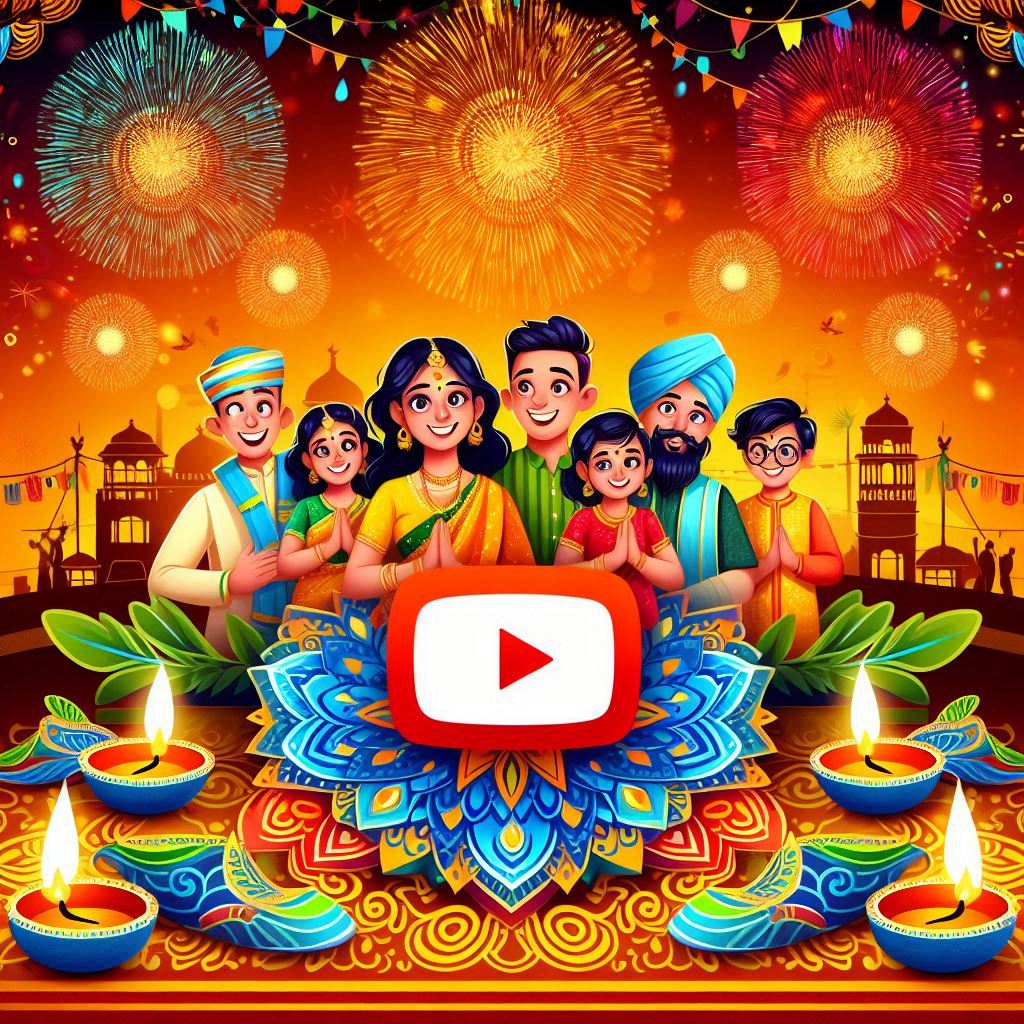
Five days of Diwali
Celebrated over five days, Diwali has particular significance and customs on every day. Knowing these days will help one to get the complete essence of the celebration.
Day 1: Dhanteras
The Diwali celebrations are started by Dhanteras. On this day, people clean their homes and make purchases of new items—especially metals like gold and silver, which are meant to bring good fortune. The day honors Lord Dhanvantari, the wellness and healing god.
- Rituals: People light lamps and worship Lord Dhanvantari, seeking health and prosperity.
- Traditions: Buying new utensils or jewelry is common, symbolizing the welcoming of wealth.
Day 2: Narak Chaturdashi
Celebrated also as Choti Diwali, Narak Chaturdishi honours Lord Krishna’s victory over the demon Narakasura. This day the monster was purportedly destroyed, freeing sixteen thousand captive princesses.
- Rituals: Early morning rituals include taking a cleansing bath with aromatic oils and lighting lamps to ward off negativity.
- Traditions: Firecrackers are often burst to celebrate the victory of good over evil.
Day 3: Lakshmi Puja
Most important is the third day of Diwali, celebrated for the love of Goddess Lakshmi. Families perform elaborate rites to greet peace and riches into their homes.
- Rituals: Homes are thoroughly cleaned and decorated with rangoli designs. The puja involves offerings of sweets, fruits, and flowers to the goddess.
- Traditions: Families gather to light diyas (oil lamps) and perform aarti, singing hymns in praise of the goddess.
Day 4: Govardhan Puja
Govardhan Puja celebrates the raising of the Govardhan Hill by Lord Krishna to guard against too heavy rains brought on by Lord Indra.
- Rituals: Devotees prepare a large mound of food, symbolizing the Govardhan Hill, and offer prayers.
- Traditions: In some regions, this day is also celebrated as Annakut, where a variety of vegetarian dishes are prepared.
Day 5: Bhaiya Dooj
Celebrating the relationship between siblings and sisters finishes Diwali on the last day. Sister pray for their brothers’ long life and wealth while brothers return presents.
- Rituals: Sisters perform aarti for their brothers and apply a ceremonial tilak on their foreheads.
- Traditions: Families often gather for a festive meal, sharing sweets and gifts.
Rituals and Customs
Diwali stands out for a variety of regionalally specific rituals and celebrations. Still, some customs are really obvious all over the country.
Lighting of Diyas
One of the most identifiable Diwali insignacles is lighting diyas. These small oil lamps fight darkness and embrace hope by being placed in homes, on balconies, and along paths.
- Significance: The light from diyas symbolizes the inner light that protects from spiritual darkness.
- Tradition: Families often engage in decorating their homes with strings of lights and colorful rangoli designs.
House Decorating and Cleaning
Getting ready for Diwali has always included cleaning and decorating houses. This custom represents the acceptance of positive one and the release of negative energy.
- Methods: People often repaint their homes, buy new furnishings, and adorn their spaces with flowers and lights.
- Community Involvement: Neighbors often come together to help each other in decorating, fostering a sense of community.
Preparing Sweets and Snacks
Food takes top stage during Diwali when families are creating a variety of traditional sweets and savory appetizers.
- Popular Treats: Items like ladoos, barfis, and samosas are commonly made and shared with friends and family.
- Culinary Traditions: Each region has its specialties, which are often passed down through generations.
Regional Celebrations of Diwali
Celebrated in numerous Indian states, Diwali captures the cultural uniqueness of the country.
North India
Mostly in Delhi and Varanasi, northern areas see Diwali—a celebration with great intensity. Here the jubilation of Lord Rama’s return and the loyalty to Goddess Lakshmi take the stage.
- Fireworks: The night sky lights up with fireworks, creating a festive atmosphere.
- Community Events: Many neighborhoods organize community fairs and events.
Southern India
Southern states celebrate Diwali with distinct customs. For instance, the celebration is sometimes linked in Tamil Nadu with the respect to Goddess Kali.
- Special Rituals: People take oil baths and wear new clothes to mark the occasion.
- Culinary Focus: Traditional sweets like adhirasam and murukku are prepared.
West India
Diwali is seen rather passionately in places like Gujarat and Maharashtra. Worship of Lord Ganesha and Goddess Lakshmi defines the festivity.
Cultural Events: Many communities organize dance and music performances.
Culinary Diversity: Sweets like pedas and chivda are popular during this time.
Diwali from many religions
While Diwali is primarily a Hindu festival, it is also celebrated by other religions, each attributing its own significance to the occasion.
Sikhism
In Sikhism, Diwali is celebrated as Bandi Chhor Divas, commemorating the release of Guru Hargobind Ji from imprisonment. Sikhs light lamps and hold prayers in Gurudwaras.
Jainism
For Jains, Diwali marks the attainment of moksha (liberation) by Lord Mahavira. They celebrate by lighting lamps and engaging in prayer and reflection.
Modern Festivals and Global Impact
Diwali has gained popularity all around recently as celebrations of the event take place.
Celebrating Diwali all around
Countries with significant Indian populations—like the United States, Canada, and the United Kingdom—have big Diwali celebrations. Frequently these celebrations include food vendors, cultural events, and fireworks.
Cultural Exchange: Diwali celebrations abroad foster cultural exchange and awareness of Indian traditions.
Community Involvement: Local communities often come together to organize events, inviting people of all backgrounds to participate.
Environmental Concerns
Many communities are selecting eco-friendly celebrations as understanding of pollution increases.
Sustainable Practices: People are choosing to use biodegradable materials for decorations and opting for noise-free fireworks.
Community Initiatives: Several organizations promote tree planting and cleanliness drives during the festival.
The Spiritual Essence of Diwali
Apart from the celebrations, Diwali is a quite spiritual occasion for introspection and renewal.
Reflection and Gratitude
Diwali invites individuals to reflect on their life and show thanks for their blessings.
Meditation and Prayer: Many people engage in meditation and prayer, seeking inner peace and clarity.
Acts of Kindness: It is also a time to extend kindness to others, be it through charitable acts or simply sharing joy with loved ones.
Establishing Bonds
The ceremony reminds us of the need of family and relationships to our societies.
Family Gatherings: Families often come together, reinforcing bonds and creating lasting memories.
Cultural Heritage: Diwali celebrations help in passing down traditions and values to the younger generations.
Conclusion
Diwali honors life, light, and love instead of focusing primarily on events. Its numerous traditions, spiritual core, and historical roots assist it to unite people all around. As we light our diyas and distribute sweets and endeavor to follow its principles of joy, hope, and harmony all year long, let us keep in mind the underlying meaning behind this great holiday.
Wishing you all a Happy Diwali
#diwali #deepawali #happydiwali #happydeepawali #diwaliwishes

